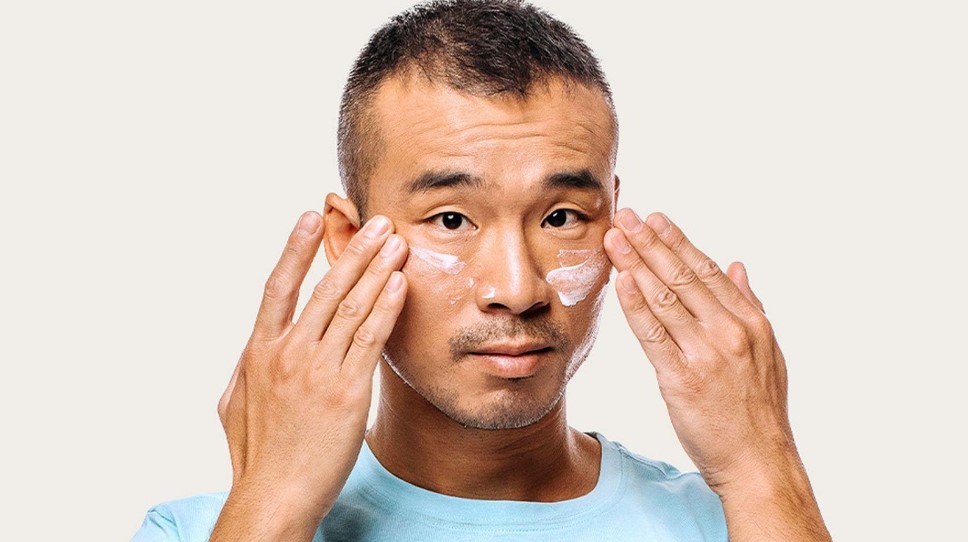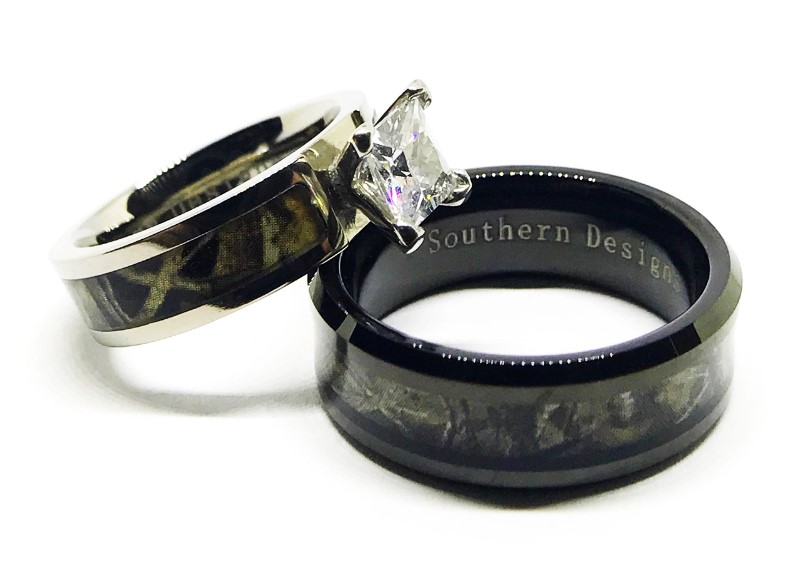7 Things You Should Know Before Getting a Tattoo Laser Removal

If you’ve heard anything about tattoo removal, it’s most likely that it’s excruciatingly unpleasant, maybe even more so than obtaining the tattoo in the first place. But, although there’s lots of information on things to think about before getting a tattoo, there’s not a lot of talk on the bad side of it: What happens if you come to dislike the tattoo you chose?
1. It will take months, if not years, to remove.
Tattoos do not just go away after a single laser treatment. On average, tattoo removal takes at least two and a half years. Therefore, laser treatments should be spaced three months apart so that you get the most out of each one. This helps your body in breaking down as much of the tattoo as possible, on top of also allowing your body to recover completely before the following session.
2. Apply sunscreen liberally before your sessions.
When you realise you don’t like a tattoo on your body, apply zinc oxide sunscreen immediately. The most common reason individuals can’t be lasered is that their tattoo has been exposed to sunlight. Using zinc oxide while outside will help preserve your tattoo, allowing you to be lasered regardless of the season.
3. There may be some discomfort throughout the treatment.
Pain is absolutely subjective, and if you tell someone that something would harm them, they will go into it with that anticipation. Just keep in mind that even with numbing cream, your experience may not be completely painless. So if you’re concerned about discomfort, have a discussion with your practitioner ahead of time.
4. Plan ahead of time for your tattoo aftercare.
Aquaphor, bandages, and even garments that do not lay on your tattoo will be required. If you have tattoos on your ribs or feet (and enjoy wearing bras and shoes), you should organise your sessions accordingly.
5. Be aware that the procedure may result in scars.
Remember that the remaining skin may not be perfect if you want your ink erased. In contrast, the hazards are nowhere near as significant when a removal specialist or professional medical treats you. In addition, your skin pigment can be lightened. Therefore, it is essential to seek the advice of a knowledgeable doctor or expert.
6. Laser effects cannot be reversed.
Naturally, the laser eliminates the linework and shading, so if you want to return to your original ink in case you have scars from the procedure, don’t bother. Instead, make sure you’re completely confident in your decision to have a tattoo erased because if you wish to preserve it for nostalgic reasons years later, you won’t be able to (until you redo your ink!)
7. Be prepared for a few adverse effects.
When lasers are used to treat your skin, it is usual to have some short-term adverse effects that may cause concern if you are not anticipating them. Some of the most typical negative effects include redness, swelling, and tenderness—but depending on your skin’s sensitivity, you may also encounter blistering, scabs, and hyperpigmentation (particularly if they’re treating bigger regions!). They should fade away in a few days, but keep a watch on them just in case.






